The Daughter: An interview with director Simon Stone
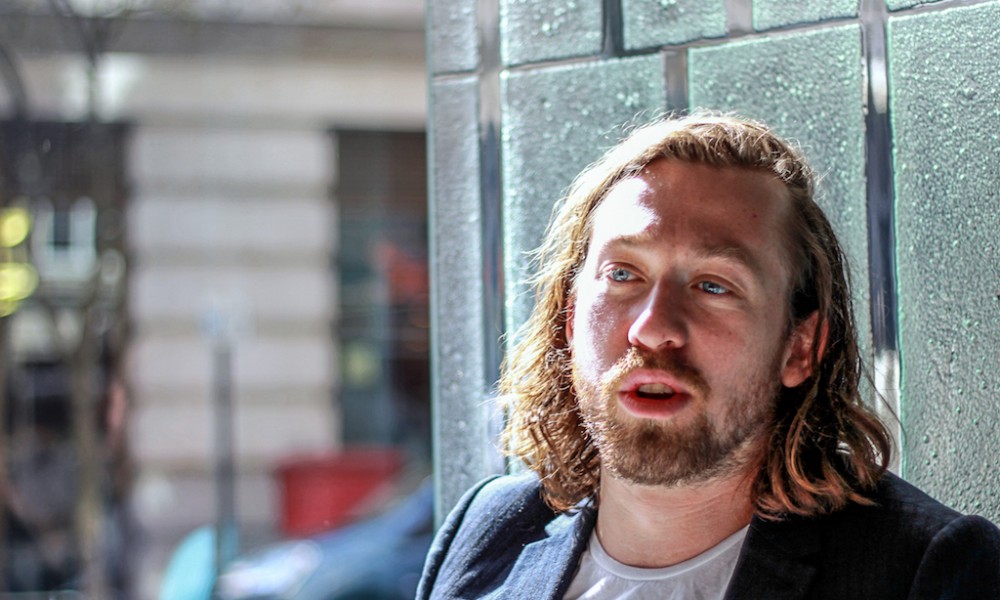
Australian film and theatre director, writer and actor Simon Stone is the visionary behind The Daughter, starring Geoffrey Rush. The film marks Stone’s directorial debut, and we caught up with him during his London stay to chat about his influences, his theatre career and the inspirations behind The Daughter.
First of all, welcome to London!
Thank you! I kind of live here three months of the year – I wrote the first draft of the film here.
Do you have a favourite place in the city?
I usually live around the London Fields area – I love that area. What’s the café called in Victoria? Where you get the best eggs benedict? It’s a bit of a walk because it’s right in the middle of the park… The Pavilion! It’s incredible.
Well we’ll have to check it out. Congratulations on the film – as far as we know, you didn’t write the screenplay with a copy of Ibsen’s The Wild Duck at your desk?
Thank you. No, and I didn’t have one while writing the play. I wrote based on Ibsen’s original text. It wasn’t really that helpful!
Was this a conscious decision?
Very good question. I read the play a lot, the source material. But there’s a point at which it becomes a shallow copy of the thing rather than a kind of instinct born of the inspiration from that material. If you’re spending too much time kind of constantly comparing what you’re doing you’ll no longer be able to create an essence of the original, you’ll just be creating a replica. I felt like it would be truer to the value of what the original source material had to be. The play that I wrote had been on once or twice a year – the play I wrote based on Ibsen’s play. So certainly the story, or at least my version of the story, had been rolling around in my head for years by the time we were shooting the film. In a film it’s much more important the way people say things. I can’t use a line from a play that someone said was good, because it would be different on film. Film is a different medium.
Let’s talk about the cast. How did you get Geoffrey Rush, Sam Neill and Miranda Otto on board, and what was it like working with them?
Geoffrey was the first person on board. I’d known him for quite while, since he came to a lot of my shows. My first show, he showed up to a warehouse near Footscray, a western suburb of Melbourne. Literally in the middle of nowhere he’d turned up for a show in a warehouse. This was when I was 22, and he’d been supporting my work for years.
So I called him one day and said “Hey, I’ve written a film and I think you should be in it.” He called me back straight away and flew down to Melbourne to talk about, and we immediately started talking about how you make a film. So it was clear he was going to do it, which was incredible. It’s so great to get someone like Geoffrey attached. Not only because of money, but so people know there’s an integrity to the product. He’s worked with some of the most incredible directors in the world, so he can see things most people probably can’t see.
Sam I met here in London actually. He was doing Peaky Blinders. I met with him and he didn’t really comment on whether he liked the script or not. He just kind of went “Yup.” And then this and then that, we were just talking about our lives. It’s quite hard to read Sam when you first meet him; he’s quite an intimidating presence because he’s just so… there. And simultaneously kind of hiding because he’s shy. And so you’re not quite sure about someone who has such a strong physical presence and a soul that he’s trying to hide. What on earth do they think about you? And what’s going on in his head? So it’s quite funny. He’s got one of the most wonderful souls in the world.
Miranda was lucky, she was in America shooting a TV show and she only had three weeks available. Everyone almost only had three weeks. It was a nightmare, so we had to reduce it down to a five-week shoot.
That’s a very short shoot.
Yeah, so I kept telling the producers don’t worry about how short the shoot is because if we have these actors we can get it done. What you gain in having these actors, I was willing to sacrifice a couple of weeks of shooting. Because having them there for even a brief time lights a fire at the core of what moviemaking really is. It doesn’t matter how many times you can edit things or get it right. The existence that you’re capturing is alive and real and mesmerising, and that’s just the actors. Film would be dead without the actors.
You also had terrific performances from lesser known actors Ewen Leslie and Odessa Young.
Ewen acted in the second movie that I was ever in, and I was playing the main character and he was the first one to get killed in the story. Everyone had said he’s a really great actor that guy, and I was like “yeah, sure”, being the arrogant actor at the time. He was in a very short feature film, a 50-minute short film, and it was entered in Cannes Film Festival. So I went to see it and I thought “This is one of the best performances I’ve ever seen, I have to direct you in a movie.” Ten years later I was directing him in a film, and I wasn’t even a director at that point!
The search for Odessa was hard. At first I thought she was way too self-aware – not naïve at all. And she ended up convincing me she could transform herself. A week before shooting she basically convinced me she could pull off this amazing transformation. She’s nothing like that in real life, which is unusual for someone who was 16 at the time.
What made you want to transition from your established stage career to film?
I’ve always been a huge cinephile, a massive movie nerd. I used to watch two films a week, and I still do, from the age of 14. I wanted to be a filmmaker and I decided to start out in directing. I thought I should do some stage stuff, to kind of practice interacting with actors. And then I kind of got distracted by it – theatre become an art form I enjoyed working with.
It felt natural to finally be doing a film, because it was always what I wanted to do. And it was great that I hadn’t done it before, because I got to practise telling stories. If I had made films back then my work would have been much more stylised. The effect of making a movie rather than telling a story. I’m glad I got distracted and waited, because I wouldn’t have been able to make the movie that I made, and I wouldn’t have the cast either.
What is the overall message you want the audience to take away after watching The Daughter?
That life’s complicated and that that’s okay. And the more you embrace that complication and messiness and the U-turns and strange detours that life can take, the more you can find another version of love that might not be the version you see out of books or see in movies, but actually is as real as the version you romanticised. Embrace the mess and don’t try to make rules about how life should be. And certainly don’t impose those rules on others.
Thank you so much for your time!
Dominique Perrett
Photos: Minghui Reece
The Daughter is released nationwide on 27th May 2016.
Read our review of The Daughter at London Film Festival here.

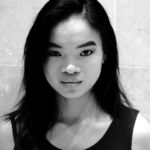
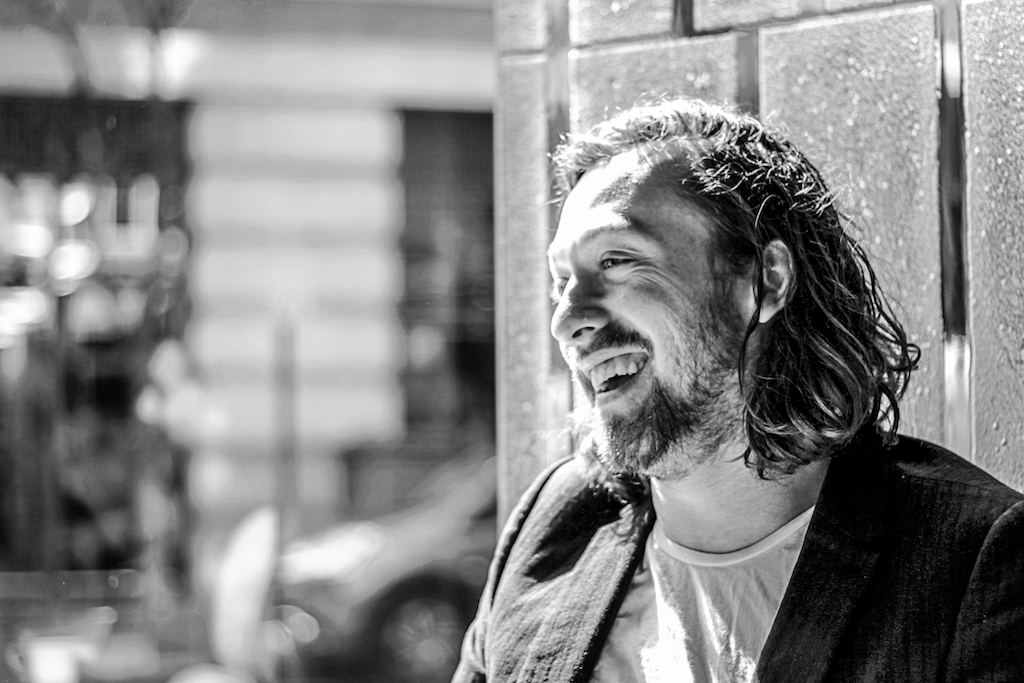
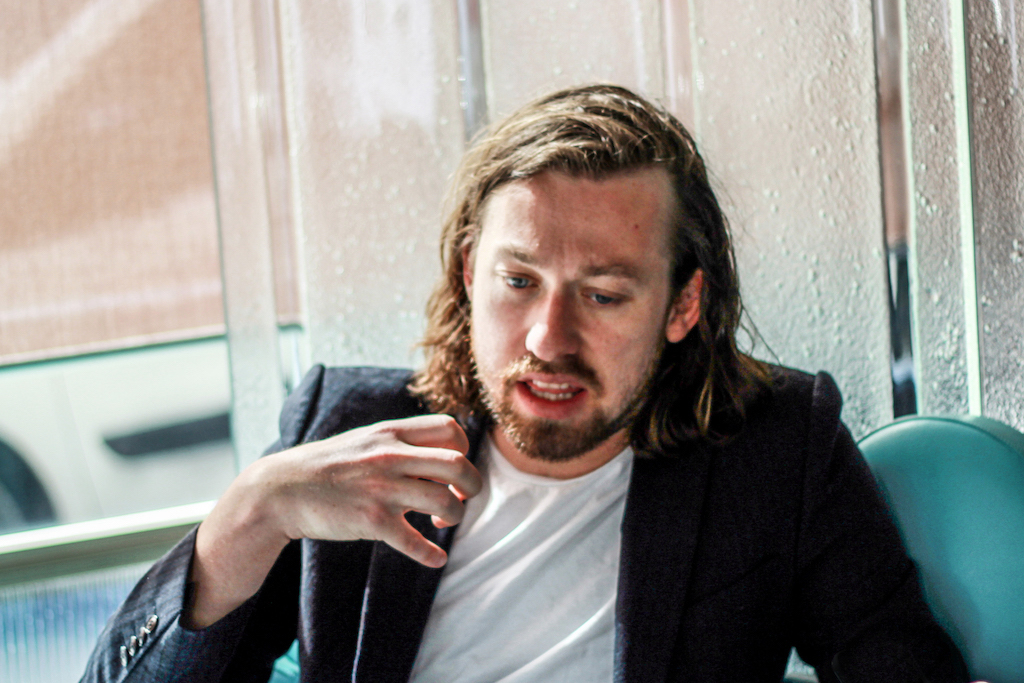
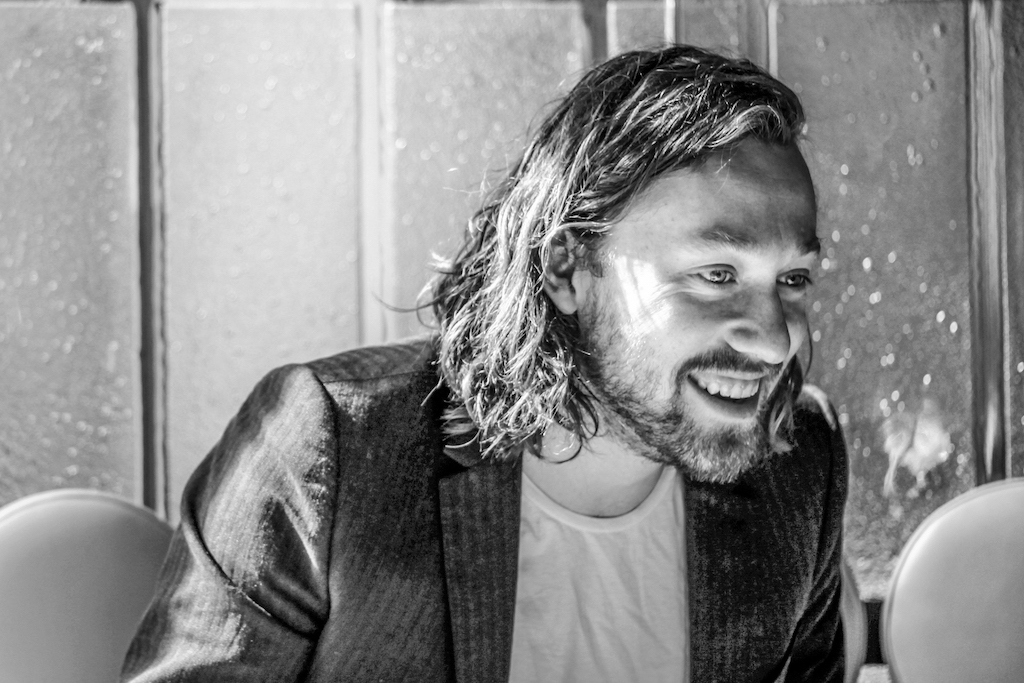
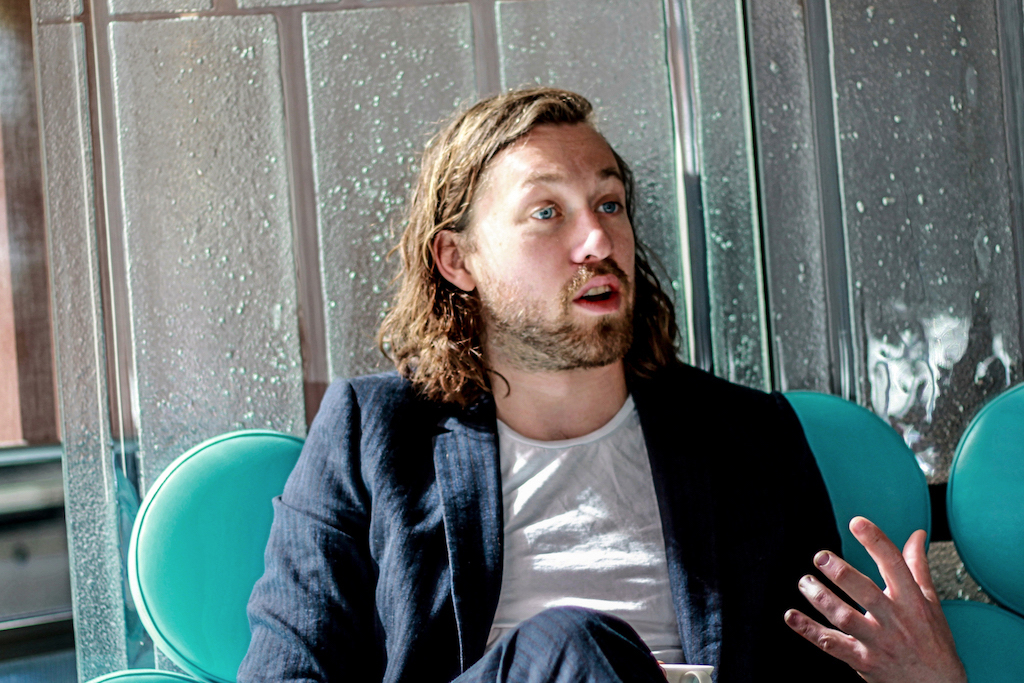
























Facebook
Twitter
Instagram
YouTube
RSS